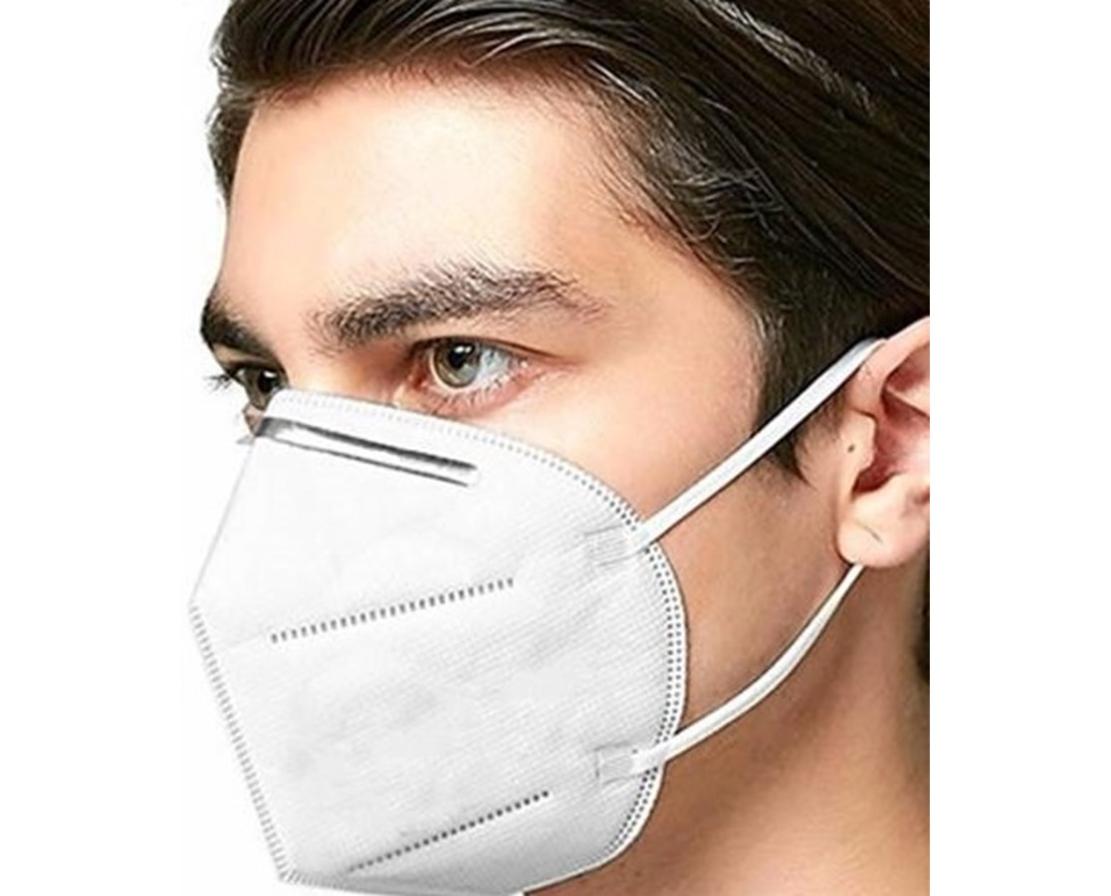Are KN95 Masks Safe for Children?
As the COVID-19 pandemic continues to pose health risks worldwide, the use of face masks has become an essential preventive measure. While KN95 masks are widely recognized for their effectiveness in protecting against respiratory droplets, concerns have arisen regarding their safety and suitability for children.

I. Safety Considerations
Potential Risks Associated With KN95 Masks For Children:
- Fit and Sizing Issues: KN95 masks are designed for adults and may not fit children's faces properly. Gaps between the mask and the child's face can reduce the mask's effectiveness and increase the risk of exposure to respiratory droplets.
- Breathing Resistance: KN95 masks can be more difficult to breathe through than other types of masks due to their tight fit and high filtration efficiency. This can cause discomfort, shortness of breath, or respiratory distress, especially in children with underlying respiratory conditions.
- Skin Irritation: The tight fit of KN95 masks can cause skin irritation or allergic reactions in some children. Prolonged use may lead to redness, itching, or rashes on the face.
II. Suitability For Children
Factors To Consider When Evaluating The Appropriateness Of KN95 Masks For Children:
- Age: KN95 masks may not be suitable for very young children due to their small size and potential difficulty breathing. Children under the age of 2 should not wear any type of face mask.
- Activity Level: KN95 masks may not be ideal for children engaged in high-intensity activities, such as running or playing sports. The increased breathing resistance can cause discomfort and interfere with the child's ability to participate fully in physical activities.
- Underlying Health Conditions: Children with respiratory or other health conditions, such as asthma or heart disease, may need to consult a healthcare provider before using KN95 masks. These children may be more susceptible to the potential risks associated with KN95 masks.
III. Alternative Mask Options For Children
Other Types Of Masks That May Be More Suitable For Children:
- Surgical Masks: Surgical masks are generally more comfortable to wear than KN95 masks and provide good protection against respiratory droplets. They are a suitable option for children who can wear them properly and without discomfort.
- Cloth Masks: While not as effective as KN95 or surgical masks, cloth masks can still provide some protection against respiratory droplets and are often more comfortable for children. They should be made of multiple layers of tightly woven fabric and fit snugly against the child's face.
IV. Proper Use And Care Of Masks
Ensuring Effectiveness And Safety:
- Fit: Ensure that the mask fits snugly against the child's face, covering both the nose and mouth without gaps. Adjust the mask as needed to achieve a proper fit.
- Cleaning: KN95 masks are typically not reusable, so they should be disposed of properly after each use. Cloth masks should be washed regularly in hot water and dried thoroughly.
- Storage: Store masks in a clean, dry place when not in use. Avoid storing masks in direct sunlight or extreme temperatures.
V. Conclusion
The decision to use KN95 masks for children should be made carefully, considering the potential risks and benefits. Parents and caregivers should consult with a healthcare provider to determine the most appropriate type of mask for their child based on their age, health conditions, and activity level. Proper mask usage and care are essential to ensure effectiveness and safety.
Note: The information provided in this article is for educational purposes only and does not constitute medical advice. Always consult with a qualified healthcare professional for specific guidance on mask usage for children.
YesNo

Leave a Reply